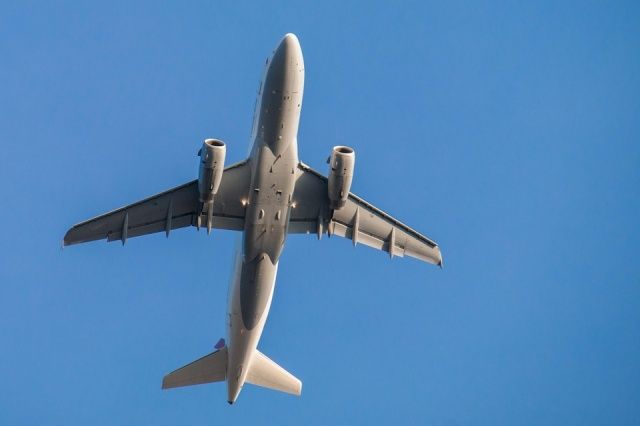The Danish government has ushered in more stringent travel restrictions for foreigners who are based in South Africa.
The decision is an effort to avoid a new COVID-19 mutation in South Africa from spreading to Denmark.
“The Danish health authorities are closely monitoring the new mutation situations in the UK and South Africa,” said justice minister, Nick Hækkerup.
“Before Christmas, the government tightened measures for the UK and now we do the same for South Africa. We must do what we can to limit the spread of COVID-19 in Denmark.”
The new restrictions, which will last until at least January 17, will see foreigners who are based in South Africa denied entry into Denmark.
READ ALSO: Denmark extends UK travel restrictions
Danes urged not to return home
Exceptions to that are:
– individuals who are the primary caregiver to a minor (must produce a negative COVID-19 test taken 72 hours before departure at the latest)
– people in family or relationship with someone in Denmark who is seriously ill or dying (must produce a negative COVID-19 test taken 72 hours before departure at the latest)
– travel that is related to the transportation of goods
Danish citizens and foreigners based in Denmark will still be able to enter Denmark from South Africa.
Danes based in South Africa are strongly urged not to travel to Denmark until the restrictions are lifted.
















